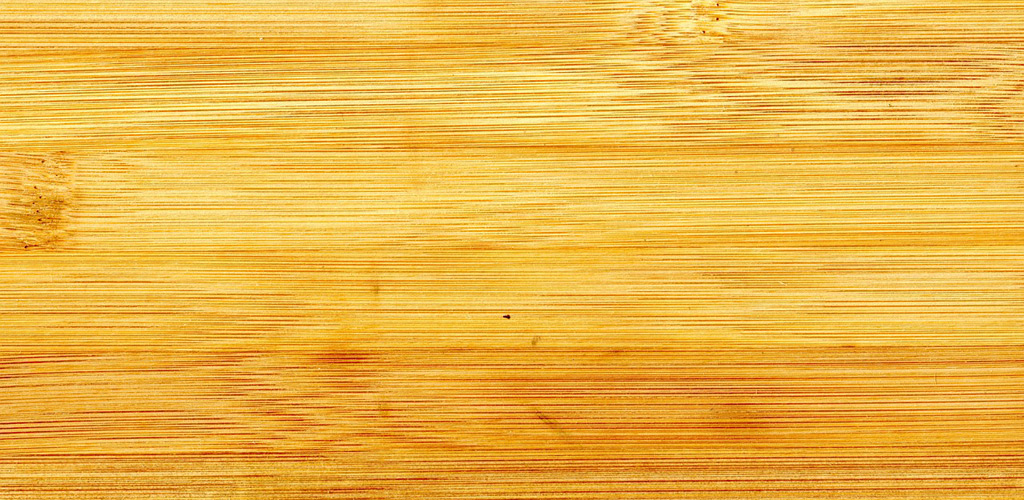Anjili wood, also known as “Wild Jack” or “Jungle Jack” in the common world and “Artocarpus Hirsutus”, in the scientific field has been used for centuries. Wood has been referred to as one of the best when it comes to making a wide range of products or items and furniture is no exception. When you step into the market, you are exposed to hundreds of wood types with thousands of different properties and characteristics.
This can throw you into a deep ocean of confusion. As anjili wood is not much heard about because of different names or the far area it comes from, people usually wonder, is anjili wood good for furniture? Well, we have given you the basic answer earlier but let’s move on to dig deeper into the topic.

Table of Contents
Where does anjili wood come from?
Anjili wood comes from tropical tree species that fall in the evergreen category. It requires moist and deciduous areas to stay fresh for the whole year round. The tree and the wood are native to India and specifically from its small state, Kerala. However, it is not limited as it can also be found in other states such as Tamil Nadu, Maharashtra, and Karnataka.
Though the wood is native to India, it can be grown in any part of the world that can fulfill its requirements such as an annual rainfall of 1500mm, (preferably) altitude ranging from sea level to 1000m high. That’s the reason that this wood mostly comes from western ghats and the evergreen forests of India.
What kind of wood is anjili?
In appearance, anjili wood is almost like an American black walnut. The color and texture are just the same. However, anjili has straight grain patterns which can be used as a differentiator. The wood color is medium dark or gray and has irregular dark stripes throughout the pattern.
What is anjili wood native people used for?
This has changed from one era to the other such as it has been and is being used to cure diseases such as diarrhea, ulcer, pimples, asthma, and various skin problems. Because of its strength, it is also used for furniture in different shapes and categories, from the beginning.
The native people widely started using this wood to make their house’s ceilings, doors, door frames, cabinetry, and many small furniture items such as a bench, chairs, tables, stools, etc. Some notable things in which anjili wood was used are the well-known snake boats and Tim Severin’s ship, Sohar.
Thick anjili wood is also used to make sitting furniture or even build wood houses mainly in western areas of India such as in Kerala state.
Is anjili wood durable?
The wood is well known for its durability and very long life. It is widely compared with the best woods in the world because of the 3,840 lbf Janka hardness rating.
This rating ensures that the wood furniture can resist dents, scratches, pressure, weight, and different kinds of wearing and tearing.
Apart from this, the furniture will also be able to survive extreme environmental conditions making it a good choice for outdoor furniture that will be placed under shade.
Is anjili wood heavy?
Anjili wood is so strong inside and a bit heavy from the outside. This factor enhances its endurance and flexibility to be used in a wide range of furniture.
That’s the reason this wood is used to craft almost all kinds of furniture whether it is a simple chair or a desk that will bear a lot of weight on it. Transporting the furniture or moving it from one room to another can be a difficult task and may require a couple of extra hands as well.
Is anjili wood good for doors?
Yes, anjili is a great option for making doors because of its durability, weight, strength, and beautiful texture. Though anjili can be used to craft any kind of furniture, many people prefer it to be used for making doors, windows, and frames. Such things go through a lot of movement and anjili is capable of staying strong while being easy to move as well.
Does anjili wood furniture have good resistance?
Yes, anjili wood is one of the best at resisting decay, insects, rotting, and moisture to a high level. Many people around the world use anjili wood for outdoor furniture while people in India widely used its panel in making boats.
Major advantages of anjili wood furniture:
Major advantages of your furniture, when made with anjili wood, include:
- Good strength to bear a lot of weight.
- Durbrrillty.
- Resistance.
- Minimum shrinkage.
- Low expansion.
- Minimum to no cracking, splitting, or warping.
- Attractive grain pattern and texture.
Major disadvantages of anjili wood furniture:
With all the major advantages, the drawbacks of anjili wood furniture include:
- A bit expensive.
- Difficult to craft into very complex shapes.
- May not be available in your area.
How to identify anjili wood furniture?
Identifying and making sure that the furniture is made of anjili wood is crucial to prevent any scam or buying furniture of low quality. Major features of anjili wood that can be an identification include the following:
- Medium dark, dark brown, gray color.
- Straight grain pattern with inconsistent dark stripes.
- Uniform and smooth texture.
- Heavy to move or lift from its position.
- Smells kind of spicy.
Apart from features, the cost can also be used as an identification. As the wood comes from far areas of India and is relatively hard, it can be expensive because of the extra time taken to craft the wood into furniture.
How to maintain anjili wood furniture?
Taking care of your anjili wood furniture is essential to further enhance its durability and keep it in good shape.
- Regularly wipe off dust and debris using a vacuum cleaner or soft cloth.
- Wipe off the water if spilled over.
- Place your furniture in a place with minimum chances of getting scratched.
- Place outdoor furniture under a shade to avoid direct sunlight exposure.
- Don’t wash or clean furniture using powerful cleaners containing harsh chemicals.
- Periodically do repairs in terms of polishing, scratches, and dents.

